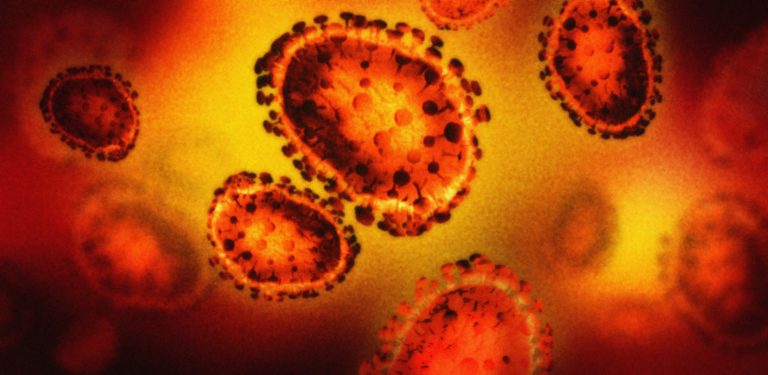
A study led by researchers at the Children’s National Hospital in Washington, DC, showed that T-cells from people previously infected with COVID-19 can be grown and expanded in the lab and are able to target the virus.
“This suggests that adoptive immunotherapy using convalescent T-cells… may be an effective way to protect vulnerable people, especially those with compromised immune systems due to cancer therapy or transplantation,” said Michael Keller, M.D., a senior researcher at the Children’s National Hospital who was part of the research team.
Exactly how the body responds to infection with SARS-CoV-2 and how much residual immunity is left after infection is not completely clear, although many scientists are trying to determine how long the body retains antibodies to the virus.
T-cell responses are known to remain for years in response to the SARS-CoV and MERS-CoV-1 viruses, so the researchers involved in this study hypothesized that the same would apply to SARS-CoV-2.
As reported in the journal Blood, the team first extracted SARS-CoV-2-specific T-cells from convalescent donors and expanded these cell populations in the lab. They then tested the immune response to these cells in both convalescent donors and controls.
T-cell activity against SARS-CoV-2 proteins was detected in 32 of 46 convalescent donors and 2 of 15 controls. Notably, the response appeared to be greatest in response to the membrane protein of the virus (59% convalescent donors) versus the spike (26% response) and nucleocapsid (22% response) proteins.
“We found that many people who recover from COVID-19 have T-cells that recognize and target viral proteins of SARS-CoV-2, giving them immunity from the virus because those T-cells are primed to fight it,” said Keller.
Antibody and T-cell response varied in the convalescent group, but in general the researchers found that people who had a reasonable antibody response to the virus were more likely to also have a broad T-cell response to the infection. They also found multiple binding sites in the membrane protein of the virus for CD4+ protective T-cells, which could have implications for the development of vaccines and drugs targeting COVID-19, particularly as most vaccines are being developed to target the spike protein.
The researchers think that convalescent T-cells could be used to protect some groups of the population from more severe infection with SARS-CoV-2, something that has previously been explored by the same team for other viruses.
“We know that patients who have immune deficiencies as a result of pre-existing conditions or following bone marrow or solid organ transplant are extremely vulnerable to viruses like SARS-CoV-2,” said Catherine Bollard, M.D., senior author of the study and director of the Center for Cancer and Immunology Research at Children’s National.
“We’ve seen that these patients are unable to easily clear the virus on their own, and that can prevent or delay needed treatments to fight cancer or other diseases. This approach could serve as a viable option to protect or treat them, especially since their underlying conditions may make vaccines for SARS-CoV-2 unsafe or ineffective.”













